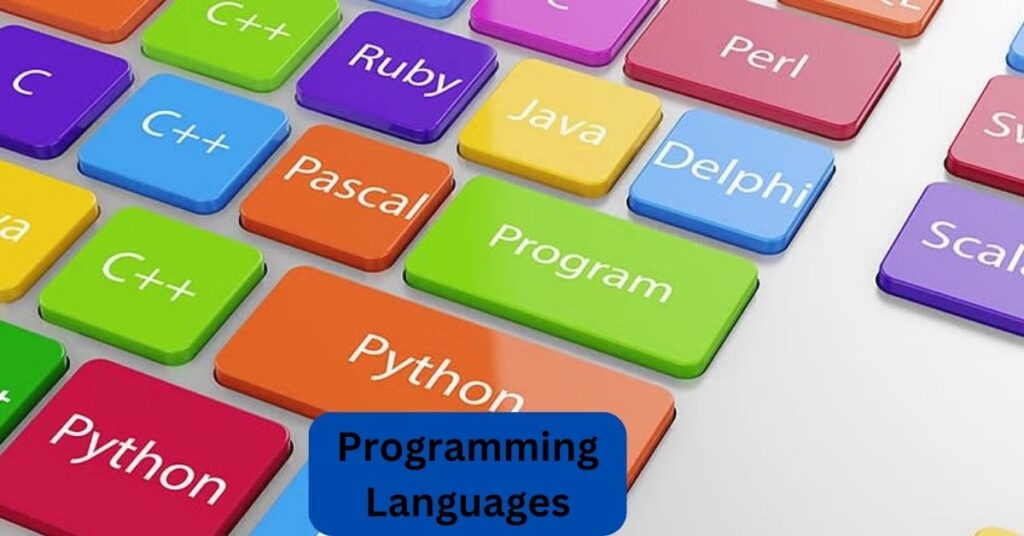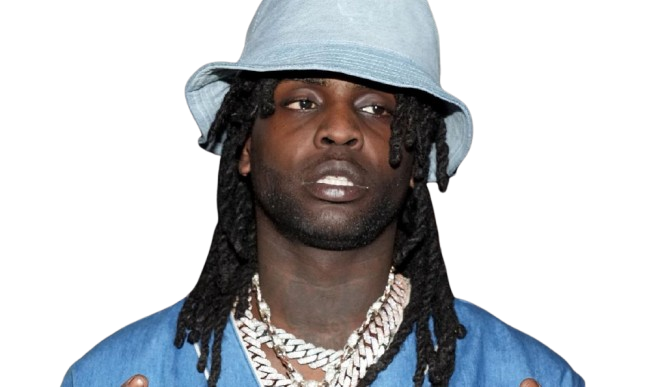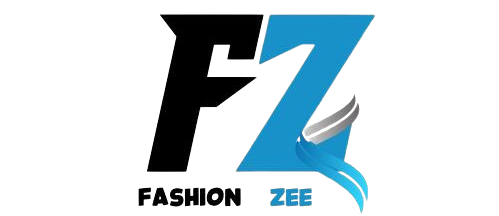The realm of blockchain technology is a digital revolution that is changing how we perceive things such as digital transactions, security, and decentralized systems. This advancement-creating mechanism is one of the major areas that attract the interest of aspiring developers wishing to leave meaningful footprints in the digital world. To be able to walk through the complex landscape of the blockchain requires a wholesome view that should incorporate technical know-how, the thirst for continuous learning, and fervent advancement in technology.
Blockchain Developer
Blockchain programmers are the architects of digital trust, building advanced systems that support secure, open, and decentralized digital transactions.They are technical experts who engineer and implement advanced blockchain architectures that can revolutionize the way in which individuals and organizations use digital assets. This is a rare combination of programming, cryptography, and creativity that allows them to generate groundbreaking decentralized applications and solutions.
Role of Blockchain Developer
The work of a blockchain developer is far more complex than general software development. Such professionals have to develop and maintain the entire blockchain network, develop smart contracts, incorporate cryptographic protocols, and make digital transactions secure. They work on developing advanced peer-to-peer networking solutions, developing consensus algorithms, and developing new decentralized applications that disrupt traditional technological frameworks.
Types of Blockchain Developer
Blockchain development consists of several niche roles in the technology space. Core blockchain developers are people who create the basic architecture and protocol design of a blockchain.They use these platforms to create applications and smart contracts. They usually have specialization, such as in cryptocurrency development, or enterprise blockchain solutions, or decentralized finance (DeFi) applications.
Essential Skills for Blockchain Developers
To become a successful blockchain developer, one must be equipped with diverse skill sets that inherently juxtapose the creative side with technical abilities. Such professionals must master the use of multiple programming languages, learn complex cryptographic protocols, and apply their understanding of distributed ledger technology. Hence, the ability to adapt to a fast-paced technology-oriented field while upholding the tenets of continuous learning has become a necessity for one to prosper.
Get Complete Technical Expertise
Technical expertise rests at the very core of being associated with blockchain development. An impending developer should have a sound knowledge of several programming languages, data structure concepts, and advanced technology concepts.
READ THIS BLOG : Top Secrets to Becoming a Successful Blockchain Developer
The master language is probably Solidity, JavaScript, Python, and C++, and the technical competence to create advanced and complex blockchain solutions resides here. Remember, keep learning and keep yourself updated on technological change to live competitively in this fast-paced sector.
Programming Languages

Blockchain developers must understand different programming languages. Solidity is used the most for Ethereum-based smart contracts while Python, JavaScript, and Rust are required for the wider application of blockchain.
Each of these languages carries capacity of its own that helps developers create secure, efficient, and complex blockchain solutions across various platforms and use cases.
Data Structures and Databases
It is also vital that blockchain developers understand advanced data structures and database management. Knowledge of cryptography-based data structures, Merkle trees, and distributed database systems helps the developers design more efficient and secure blockchain architectures.
Professionals must manage complex data relationships and ensure the integrity and transparency of digital transactions for reasonable performance as professionals.
Cryptography and Security Protocols
Cryptography is basically the crux of the entire blockchain technology system concerning the security of digital transactions. It becomes highly crucial for a blockchain developer to know about cryptographic protocols, encryption techniques, and security mechanisms.These allow the developers to produce secure systems that protect digital assets and uphold decentralization and trust as essentially philosophical concerns.
Blockchain Architecture Understanding
A definite and broad understanding of blockchain architecture is needed for crafting solutions very ingeniously. Developers need a thorough knowledge of how distributed ledger technologies and consensus mechanisms coupled with network validation procedures are designed. Such technical deep understanding assists in building scalable as well as secure and efficient blockchain systems that can change the life of many industries.
Academic and Professional Development
Fundamentally, if you want to build a foundation in blockchain development, you have to earn a strong academic background in computer science, cryptography, or related technology fields. Although most successful software experts have special certifications, they also participate in workshops and research programs on blockchain technology. Learning does not stop here. Continuing education enables one to thrive in this fast-changing technological world.
Hands-On Experience and Practical Learning
Whether studying at university or taking a course in blockchain programming, real experience is indispensable. Probably the best experience will be from participating in real-world projects. Contributing to open-source blockchain projects or developing one’s personal applications on blockchains will open up to a great many lessons. Hackathons, virtual project communities, or online collaborative projects would probably give fairly significant learnings in applying theoretical knowledge to the practical world.
Staying Updated with Emerging Technologies
The blockchain ecosystem is dynamic, and the continuous process of learning assumes paramount importance. Both software developers and engineers working on offerings must be cognizant of all emerging technologies, new blockchain platforms, and development methodologies. Professionals keep themselves updated with technological innovation through industry publications, conferences, and online learning platforms.
Frequently Asked Questions
What are some qualifications that would enable one to become a blockchain developer?
A strong computer science background, programming know-how, and an understanding of cryptographic principles are what a successful blockchain developer has come with.
How long does it take for a person to become a proficient blockchain developer?
In general, the time for learning and practical experience required to develop proficient skills in blockchain development amounts to 1-2 years.
Are these individuals in blockchain development in high demand today?
Yes, blockchain developers are today becoming popular, although sought-after across sectors, with competitive salaries and numerous job opportunities.
What salary would blockchain developers get at average?
The average income of a blockchain developer would probably be between $80,000 and $200,000 a year.
Which programming languages are the keys in blockchain development?
Some of the most important programming languages used in blockchain development are Solidity, Python, JavaScript and Rus
Conclusion
A successful blockchain developer, you are ready to step in a two-prong approach of honing technical abilities and continually learning. This opportunity to innovate has the capacity to change the lives of its workforce. With this technology, they can earn money by being competent in mastering the learning skills in the field they are in. Those aspiring to be top-notch changes in digital transformation by creating a complete skill set coupled with following new emerging technologies, along with a passion for innovation.

David is a seasoned SEO expert with a passion for content writing, keyword research, and web development. He combines technical expertise with creative strategies to deliver exceptional digital solutions.






